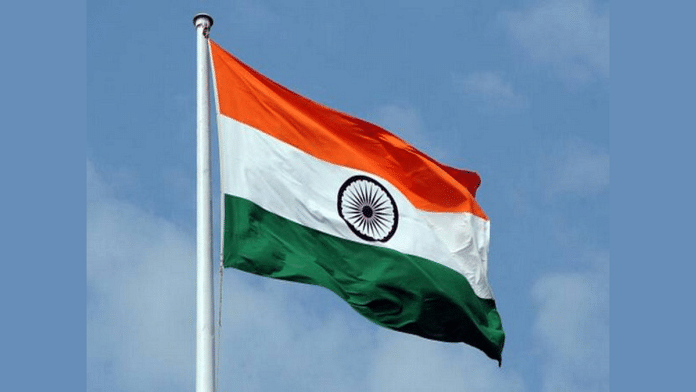Thank you dear subscribers, we are overwhelmed with your response.
Your Turn is a unique section from ThePrint featuring points of view from its subscribers. If you are a subscriber, have a point of view, please send it to us. If not, do subscribe here: https://theprint.in/subscribe/
Popularly termed as ‘revdis’ by the Hon’ble Prime Minister, freebies have become the new norm in India’s electoral landscape for securing victories by political parties across the spectrum.
Although the term ‘freebie’ lacks a concrete definition, a report by the Reserve Bank of India (RBI) refers to freebies as “a public welfare measure that is provided free of charge”. It also adds that freebies are different from public/merit goods such as health and education, expenditure on which has broad and far-reaching gains for the society.
From cash transfers, free electricity and water, laptops and bicycles, and TVs to gold, politicians have promised the earth to voters for securing electoral success.
While some may argue that providing these goods and services to economically disadvantaged sections of the society has the potential to empower them, the truth is that such goods and services put a strain on the fiscal health of the economy and are detrimental to economic growth.
Apart from jeopardising the fiscal health and macroeconomic stability of an economy, freebies can also create a negative pattern of dependency and entitlement among the recipients who may become habituated to them in the long-term.
A noteworthy observation in this respect stems from the fact that there is no such thing as a ‘freebie’ in economics because ultimately the taxpayers have to bear the cost of the supposedly free giveaways by political parties after they come to power.
In an editorial, economist Yamini Aiyar wrote: “The truth is that the prevalence of ‘freebie politics’ is really an indictment of our economic policy and the abject failure to build a welfare state that invests in human capital”.
The significant question here is whether freebies help political parties win elections or not.
The answer to that is a resounding yes. Freebies and handouts do help political parties in masking their structural weaknesses and forming an instantaneous connection with voters.
However, this troubling tendency of promising electoral freebies has led to warnings by economists that India could face an economic collapse on the lines of Sri Lanka if such trends continue.
The current situation demands a critical reassessment, coupled with a strategic shift towards sustainable and employment-focused policies which are essential to balance immediate relief with the economy’s long-term fiscal health.
These pieces are being published as they have been received – they have not been edited/fact-checked by ThePrint


